How CERN helps test Intel's tech
The LHC is set to get switched on, but experiments of another kind of continued for the past year, as CERN's openlab trials Intel chips.
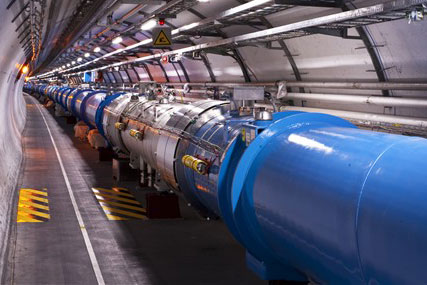

"Now, the one thing about CERN is they're different from some others... if for instance their servers are down for the day for some reason, it's not like a bank. They're mission critical, but they're not business critical. Now when they start doing the testing, it'll be business critical to a degree," he said.
"We work with the financial sector, we work with some of the manufacturing [industry], BMW and so on. We work with a couple of different types [of companies] to get an overall view because we're a manufacturing company, you know?"
"So when we create and develop CPUs, we have to make sure that those CPUs can actually be absorbed and the benefits can be seen in all communities SMB, SME, and all types of veritcals. But certainly for high performance, CERN is a great partner of ours."
Xeon processor 5550 series
Earlier this year, CERN's openlab was piloting Intel's Xeon processor 5550 series, in order to advise suppliers whether it was right for CERN.
Aside from the processing and efficiency challenges, CERN works differently than many other businesses. "Computing on physics is everything about storing the data and accessing the data, both locally and remotely," said Jarp, explaining that CERN will run 600,000 jobs a day with some lasting four to six hours on a single core. "What's important to understand with CERN... here we really hammer the sites, and the computers, and the individual cores 24 hours a day."
Openlab tried three different versions of the Nehalem-based processor, the L5520, E5540 and the X5570. Jarp said it wasn't a given which one would win, but that all three "flavours" showed "quite a big improvement."
Get the ITPro daily newsletter
Sign up today and you will receive a free copy of our Future Focus 2025 report - the leading guidance on AI, cybersecurity and other IT challenges as per 700+ senior executives
The lab wasn't just looking at the processor, but also trialling the new Turbo mode and Simultaneous Multi-Threading, so tests were run with those features off and on.
Because of CERN's energy constraints, openlab wasn't looking just at performance, but performance per watt. So the L5520 clearly used the least power, but would need more units to get as much performance as the lab was using before.
One way to get more performance is the multi-threading. Flipping on the SMT boosted performance by as much as 20 per cent, Jarp said.
The tests showed the L5520 is 36 per cent more efficient for performance per watt than the Intel Xeon 5400 series, which could save CERN some 850,000 over three years.
What's next?
So what's next for openlab and Intel? Jarp is most excited about mulitcore.
"We probably have billion of events at some point... and they can all be computed individually," he said. That means he's looking to parallelism to exploit multicore to allow as many jobs to run at once as possible. "The only snag is that right now, it's mulitprocessor, so we need memory to be made available which requires energy."
"We're very very interested in multicore, manycore evolution... We're trying to push Intel and other companies to go as quickly as possible down that path," he said, adding he'd like to see a mixture of large and smaller cores.
And CERN will need the extra processing for all the data it's going to see. "When we started planning for CERN, people said "petabyte, what's that?" Now it's common place. We're actually on way to next milestone, which is exabytes."
Read on for more about CERN's computing systems and for the full interview with openlab's Sverre Jarp.
Freelance journalist Nicole Kobie first started writing for ITPro in 2007, with bylines in New Scientist, Wired, PC Pro and many more.
Nicole the author of a book about the history of technology, The Long History of the Future.
-
 The Race Is On for Higher Ed to Adapt: Equity in Hyflex Learning
The Race Is On for Higher Ed to Adapt: Equity in Hyflex LearningBy ITPro
-
 Google faces 'first of its kind' class action for search ads overcharging in UK
Google faces 'first of its kind' class action for search ads overcharging in UKNews Google faces a "first of its kind" £5 billion lawsuit in the UK over accusations it has a monopoly in digital advertising that allows it to overcharge customers.
By Nicole Kobie
-
 Gaining timely insights with AI inferencing at the edge
Gaining timely insights with AI inferencing at the edgeWhitepaper Business differentiation in an AI-everywhere era
By ITPro
-
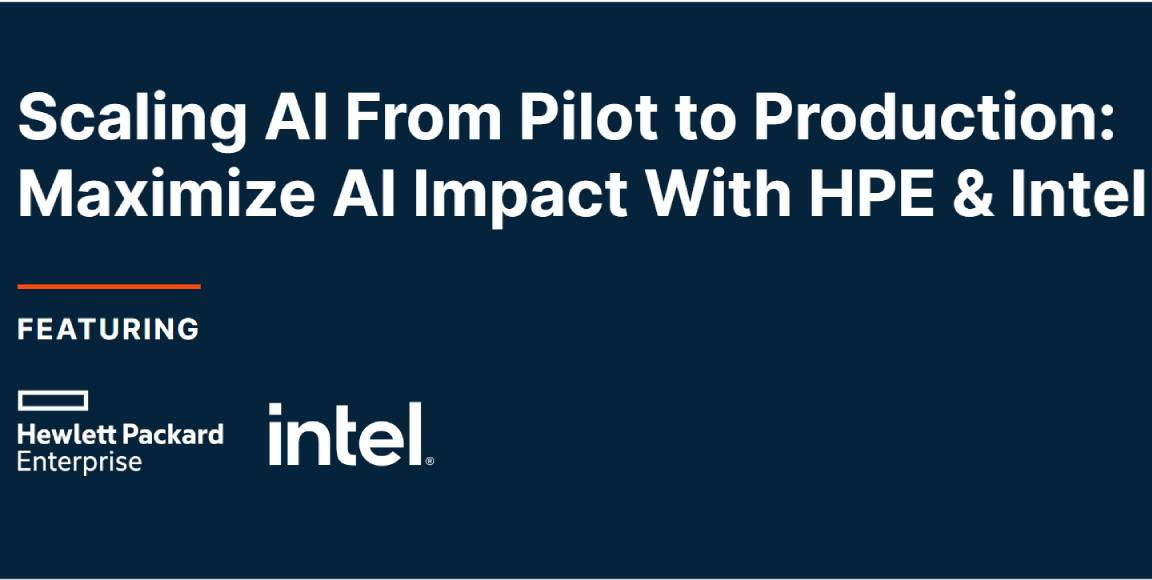 Scaling AI from pilot to production: Maximize AI impact with HPE & Intel
Scaling AI from pilot to production: Maximize AI impact with HPE & IntelWhitepaper Transform AI proof-of-concepts into full-scale implementations
By ITPro
-
 UK supercomputer boom as HPE and Dell receive funding for new AI cluster
UK supercomputer boom as HPE and Dell receive funding for new AI clusterNews The UK’s AI computing capabilities will increase by an order of magnitude in 2024
By Rory Bathgate
-
 AI gold rush continues as Hugging Face snags $235 million from IBM
AI gold rush continues as Hugging Face snags $235 million from IBMNews The investment round, which brings the company's valuation to $4.5 billion, also includes Amazon, Google, Intel, and Salesforce
By Richard Speed
-
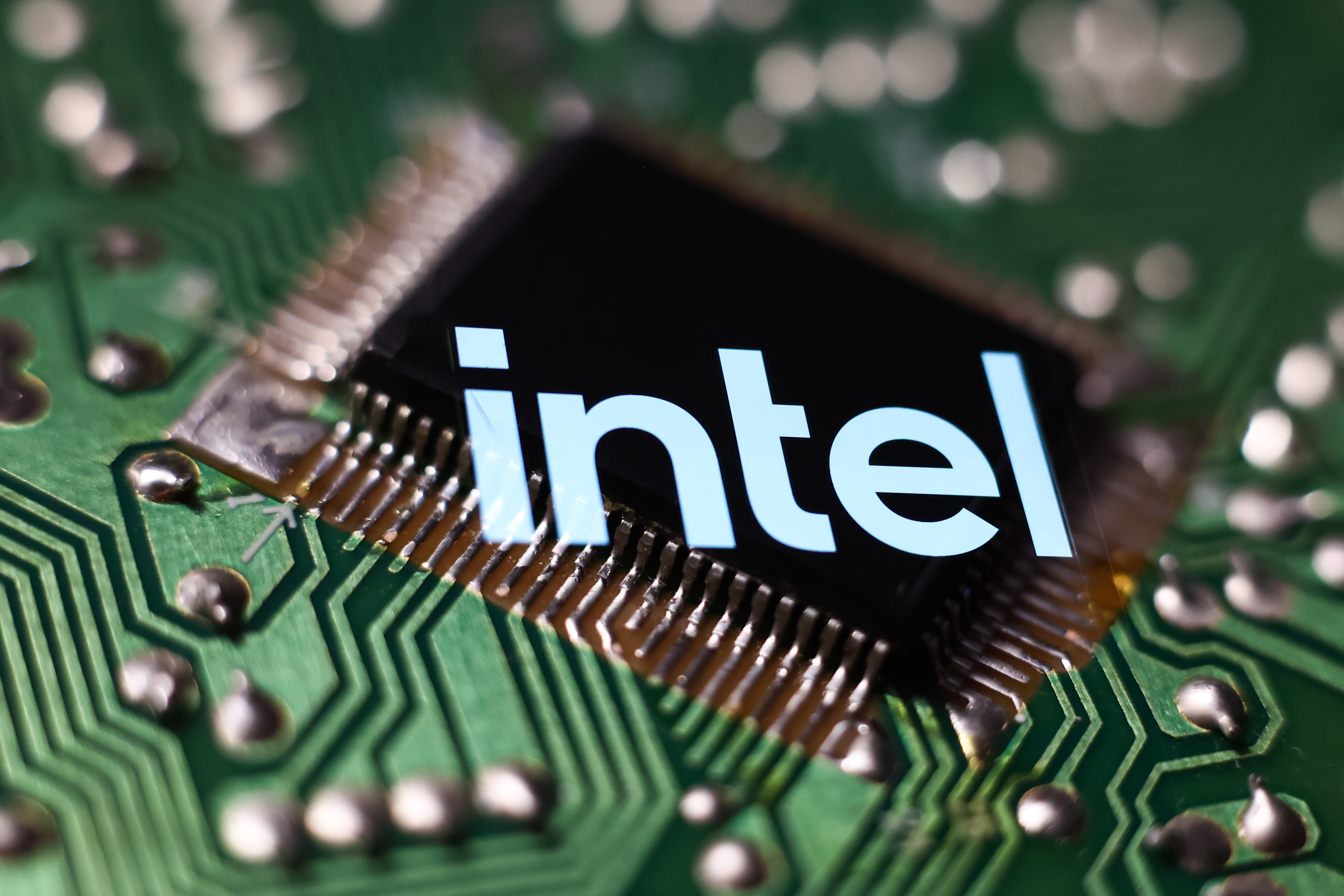 Why is ASUS reviving Intel’s NUC mini-PC line?
Why is ASUS reviving Intel’s NUC mini-PC line?News The diminutive PC is to rise again while analysts look for the business case
By Richard Speed
-
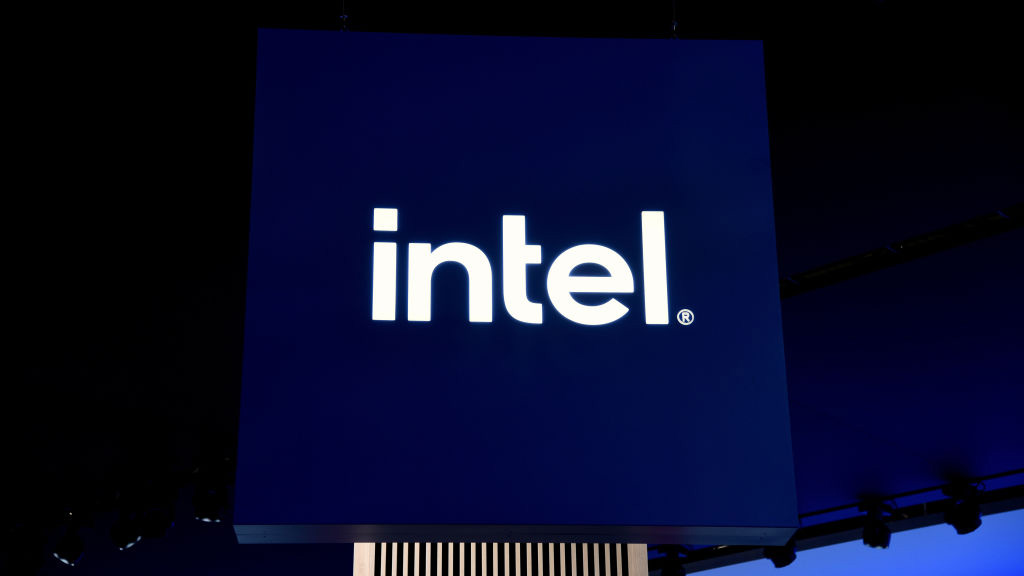 Intel targets AI hardware dominance by 2025
Intel targets AI hardware dominance by 2025News The chip giant's diverse range of CPUs, GPUs, and AI accelerators complement its commitment to an open AI ecosystem
By Rory Bathgate
-
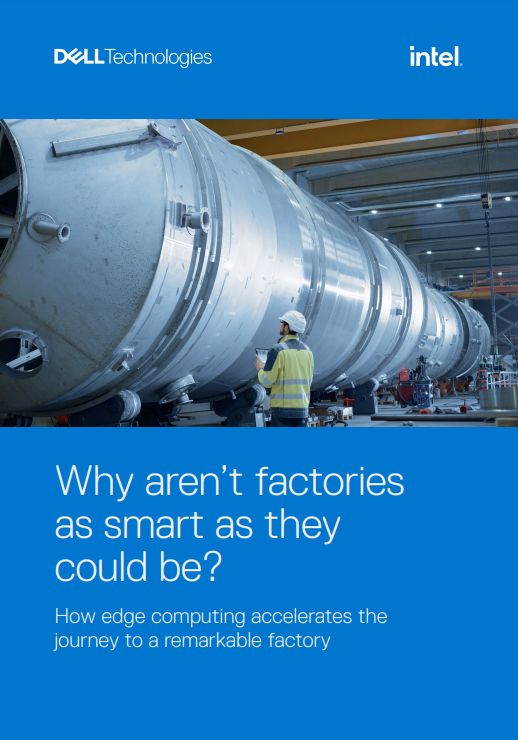 Why aren’t factories as smart as they could be?
Why aren’t factories as smart as they could be?Whitepaper How edge computing accelerates the journey to a remarkable factory
By ITPro
-
 Who needs Intel vPro®, An Intel® Evo™ Design, anyway?
Who needs Intel vPro®, An Intel® Evo™ Design, anyway?Sponsored With flexible work on the up, the demand for high performance on-the-go business laptops has never been greater
By ITPro